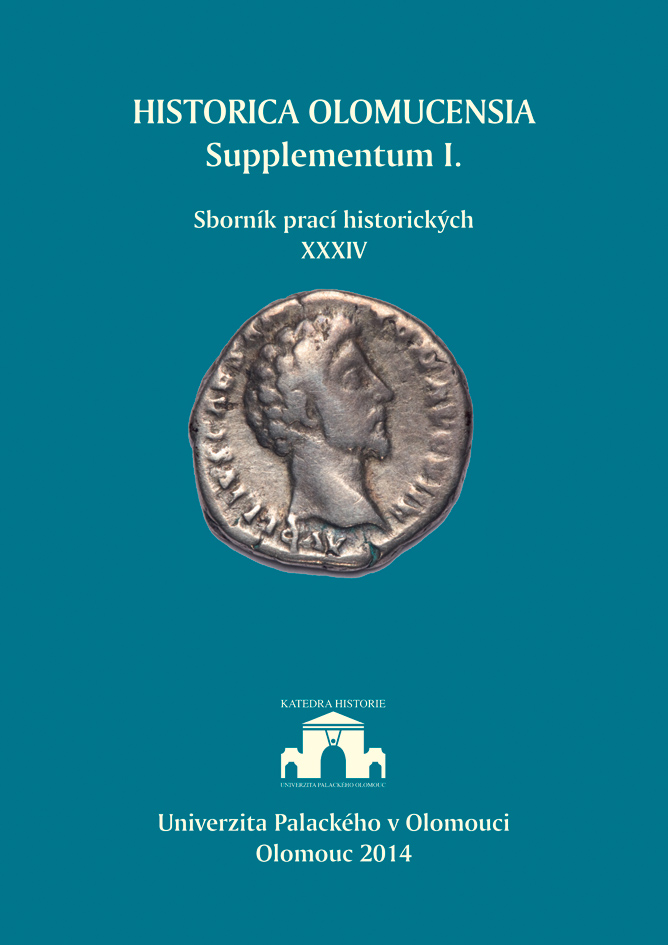Lúkiános a italská literatura 15.–16. století
Lucian and Italian Literature in the 15th and 16th Century
Author(s): Jiří ŠpičkaSubject(s): History
Published by: Univerzita Palackého v Olomouci
Keywords: Lucian; Humanism; Alberti; Pontano; Vegio; Rorario; Valagussa; Collenuccio; Boiardo
Summary/Abstract: The article deals with the influence of Lucian on works of Italian authors in the period of Humanism and Renaissance (15th–16th century). As soon as the knowledge of Lucian’s dialogues began to spread in Italy thanks to teaching of the Greek language, known (Alberti, Pontano, Boiardo) andless known writers (Vegio, Rorario, Collenuccio, Valagussa) started to use Lucian’s forms and motifs in their works. As regards formal aspects, they adopted especially a form of a vivid, natural and semi-dramatic dialogue, a sketch story, a setting in imaginary regions (the underworld and Olympus), mixing of human and divine figures from Lucian; and as for a content and a style, they tried to imitate a biting satire reversed from positions which can be defined as Cynic, stoic or ascetic, and they kept pace with Lucian’s courage to touch somewhat taboo issues that may be apparent in the unscrupulous critique of clergy’s vices and religious habits at Alberti and Pontano. Despite this, the majority of newly written works has a different spirit than Lucian’s dialogues because it supplements Lucian’s poetics by moralising and allegorical approach.
Journal: Historica Olomucensia. Sborník prací historických
- Issue Year: XXXIV/2014
- Issue No: Suppl. 1
- Page Range: 335-350
- Page Count: 16
- Language: Czech

